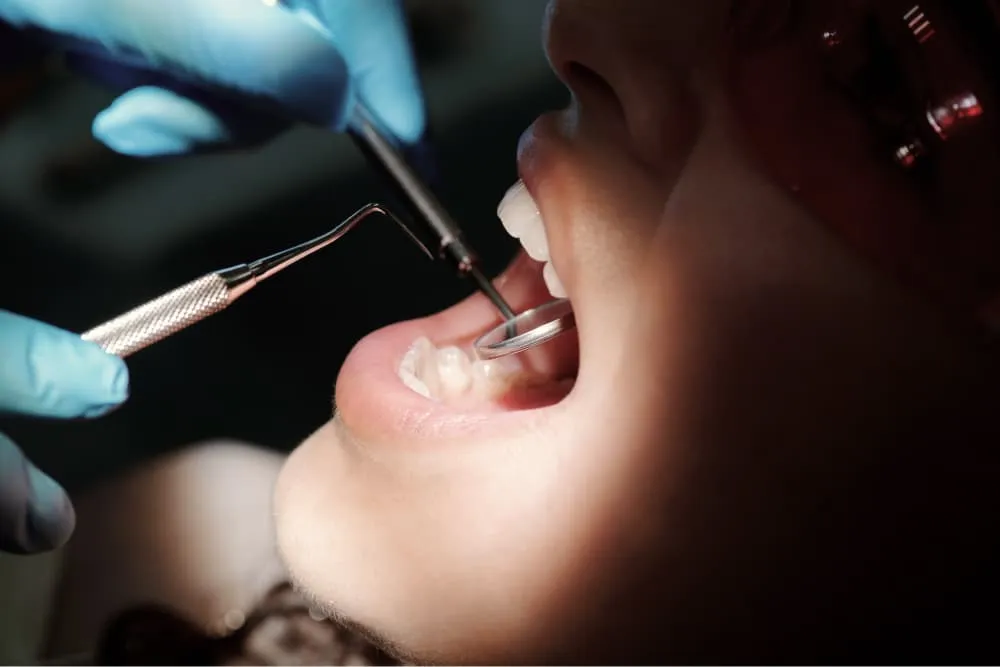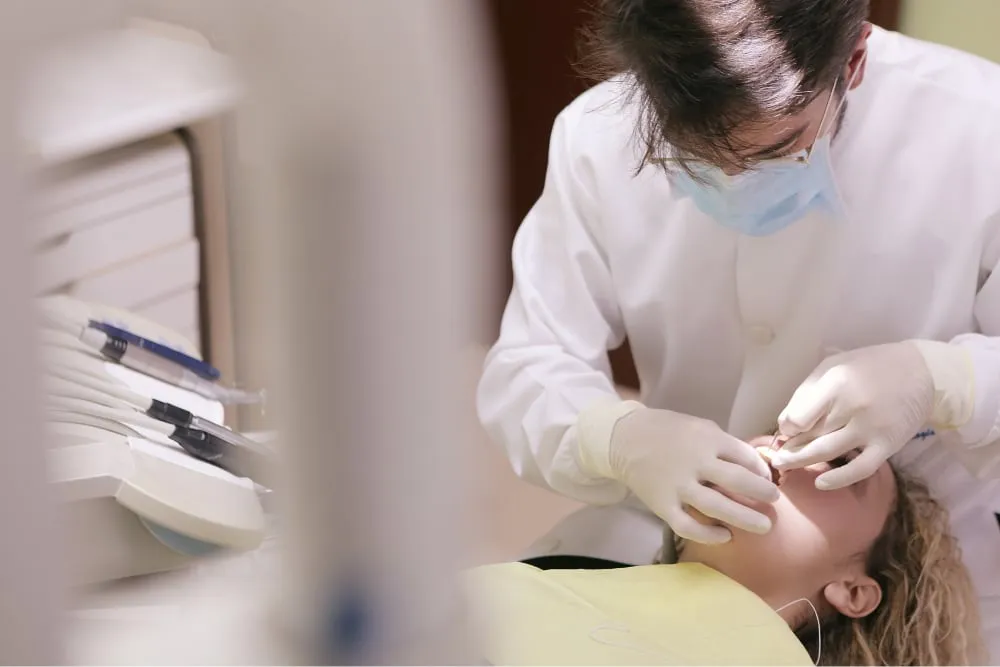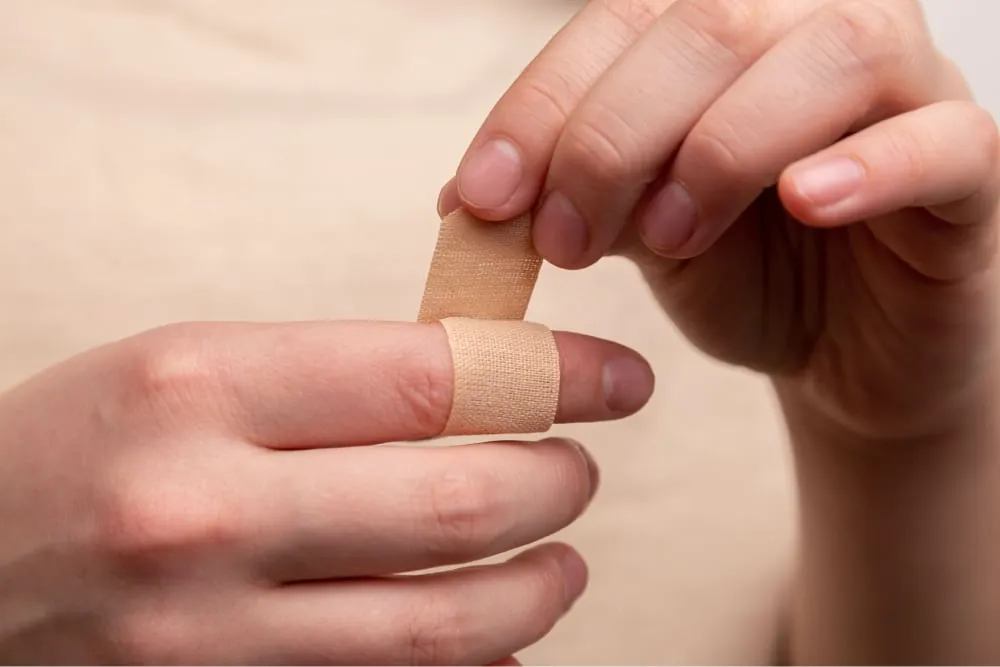What is anemia, and how does it present in the body?
Anemia is when a person’s blood doesn’t produce enough healthy red blood cells because it’s not receiving enough oxygen-rich blood throughout the system. A person with anemia often feels tired or weak and may experience headaches, dizziness, or an irregular heartbeat. Additional signs and symptoms can occur depending on the type of anemia.1
There are three main types of anemia:
- Iron deficiency anemia is the most common form of anemia. It develops when the body doesn’t have enough iron. It can cause dizziness, pale skin, and cold extremities.2
- Vitamin B12 deficiency anemia develops when the body doesn’t have enough vitamin B12. If left untreated, this anemia can affect the brain and nervous system, causing trouble walking, uncontrollable muscle movements, vision problems, mood changes, or tingling in the body.3
- Hemolytic anemia is when the body destroys red blood cells faster than it produces. This anemia comes with tiredness and pale skin. It also tends to cause swelling of the liver or spleen.4
How are bulimia and anemia connected?
Bulimia nervosa is an eating disorder characterized by a cycle of restricting food, binge eating, and purging (self-induced vomiting). It’s a potentially life-threatening illness that can cause various emotional and physical symptoms like dizziness, trouble sleeping, dry skin, weakness, brittle nails, and other medical complications.5
Bulimia and anemia often coexist, specifically iron and vitamin B12 deficiency anemia. People with bulimia may experience vitamin and mineral deficiencies because when restricting and purging food, their bodies may lack nutrients like iron and vitamin B12, leading to anemia.
Other deficiencies caused by bulimia nervosa
Iron and B12 are not the only deficiencies in people with bulimia nervosa. Restricting food and frequent vomiting can lead to several nutritional deficiencies, such as electrolytes and vitamin D.
Electrolytes are a collection of minerals in the body that contribute to various functions. Electrolytes include sodium, potassium, calcium, and magnesium. An imbalance of electrolytes can cause irritability, diarrhea, constipation, headaches, fatigue, or an irregular heartbeat. Left untreated, it can lead to serious complications like seizures, coma, or cardiac arrest.8
Bulimia nervosa can lead to electrolyte and Vitamin D deficiences which can lead to serious medical complications, including cardiac arrest and seizures.
Electrolytes are a collection of minerals in the body that contribute to various functions. Electrolytes include sodium, potassium, calcium, and magnesium. An imbalance of electrolytes can cause irritability, diarrhea, constipation, headaches, fatigue, or an irregular heartbeat. Left untreated, it can lead to serious complications like seizures, coma, or cardiac arrest.8
Vitamin D helps the body absorb and use various minerals, such as calcium. People with vitamin D imbalances may experience decreased bone density, leading to an increased risk of osteoporosis or fractures.7
{{link-bank-two-column}}
Getting support for bulimia and anemia
Bulimia, anemia, and other vitamin and mineral deficiencies are treatable. Treatment for eating disorders can vary depending on the severity, so it is essential to speak with your doctor as soon as possible.
Common treatments for anemia include supplements, medications, and diet changes, which may be challenging if you’re also struggling with bulimia. You may also consider speaking with a mental health professional to navigate treatment options for both conditions.
Seeking help for bulimia and anemia early on can significantly increase the chances of a full recovery. It takes courage to start the healing process, but the key is working with trusted and compassionate experts, such as those at Within Health. The Within team understands the complexity of bulimia and its relationship to anemia to provide the best evidence-based eating disorder treatment personalized to fit each individual.
Receive treatment at home
You can get treatment for bulimia nervosa from the comfort of your own home. Online partial hospitalization and intensive outpatient programs are available across the country and may be more effective than some in-person options.
Call (866) 293-0041 to learn more 




































